In answering the question, “What is after hours stock trading?”, we’re going to look at answering the following:
- Who is allowed to trade after hours?
- What happens if you trade stock after hours?
- Why should you trade after hours?
- What are some drawbacks to trading after hours?
- Why do stocks spike after hours?
- Can I sell stock after hours?
- Can I buy stocks on the weekend?
- Can a stock open higher than it closed?
- What does trading volume in the stock market refer to?
- How are after hours trades placed?
- What is a stock trading log?
- Why should you trade on volume instead of opening/closing positions?
- How is late-day trading different from trading in the after-hours market?
- What if you could trade stocks non-stop all night?
- What time premarket opens?
- What time is post-market trading?
- How can you get free stock tips?
The SEC defines after hours trading as “trading in a security, including a primary market trade, occurring from 4:00 p.m. to 8:15 a.m. Eastern time the following day.”
Underlying securities whose shares are not traded on an exchange or by an over-the-counter market maker during those times can be traded through avenues such as automated trading systems and the OTC Markets’ close only platform that is open for business at those hours to enable executions of block transactions and other stop orders placed by participants who would not otherwise be able to trade due to extended pre-market and post-market trading halts.
Who is allowed to trade after hours?
By law, anyone can trade stocks after hours.
Trading during the after-hours session is pretty much open to everyone.
So if someone with a brokerage account has done research on what they want to buy and sell, they can do it even if the market is closed for most of the day.
However, there are some risks that aren’t present during normal trading hours. In summary, these include greater risk that news or events will affect prices without being seen by people who have access only when the markets are open; increased slippage from those same people because they’re operating in a market with less liquidity.
What happens if you trade stock after hours?
If you trade stocks after hours, it’s important to remember that your order will not be impacted by the opening price the next morning because there is no open.
The only thing that happens when trading during this time is that high and low trades from yesterday might show up as “market transactions” on your account summary. This means the trade went through based on a preset threshold.
If someone sold at $5 and someone else bought at $10 during today’s session, those trades would appear as market transactions in tomorrow morning’s summaries because they were both set 10% below or above where they closed today. Market transactions are based off of temporary limits called “spread limiters”.
Why should you trade after hours?
Trading after hours lets you take advantage of every minute that the market is open, especially if your company’s stocks are in focus.
You’ll also avoid any rush hour periods to buy or sell stocks which can cause congestion during regular hours.
For certain traders, this gives them an edge over other investors because they don’t have to compete for trade opportunities with so many others who may be scouring the stock listings during similar times of day.
Investing in after-hours trades may also allow you to stake out a claim on shares that an issuer has just agreed to issue for the first time—a pre-market launch strategy that provides very real advantages over investors who wait until morning’s light dawns.
What are some drawbacks to trading after hours?
Trading after hours is generally prohibited by the U.S. Securities and Exchange Commission if stocks are not active enough during regular market hours to sustain liquidity.
One disadvantage of trading after-hours in the stock market is the high cost of commissions associated with any trades that take place therein, which can be as high at $20 per trade.
In addition to that, an investor will have less information about a given trade when trading after hours because they will not know what other investors are doing at that time, thus there is no consensus on a fair price for a given share in a company’s favor.
The biggest drawback of all is the limited trading volume, which can limit the order size that can be filled, as well as having worse stock fill prices.
Why do stocks spike after hours?
A company could be announcing a serious upgrade to their service or product that will have major implications for the company’s bottom line. It could also be an analyst releasing a new report on the stock, affecting the projected success of said stock. The release of these announcements can cause large price swings as traders react to this change in information.
This forces trading activity to take place outside regular market hours (and sometimes even before regular market hours). It is typically called “after-hours trading” because it takes place after regular trading hours; business days where stocks are traded range from 9 AM ET – 4 PM ET.
Can I sell stock after hours?
Answer: Yes. US stocks, typically traded on the NYSE and NASDAQ exchanges can be traded after hours through electronic brokerage firms like Charles Schwab, Fidelity Investments, Questrade, E*Trade and others.
Most of these brokers charge a premium (30 to 100 percent) for transactions made during market hours if the stock is still open at the end of day. Generally these fees are solely encouraged by brokerages who want to discourage you from trading electronically with them due to higher transaction costs which they then pass on to you as an end-user.
Can I buy stocks on the weekend?
Yes, you can buy stocks on the weekend through after hours trading.
Can a stock open higher than it closed?
Yes! In fact, stocks often open higher than they closed the day before.
In other words, a stock can have a “fake” opening price.
But even though a stock might open at or above its close price from the previous day, a trader who buys this same stock for their portfolio could lose money if it opens lower on following days and sells at an eventual loss. The point is that stocks are always volatile because neither buyers nor sellers know what the right price should be very perfectly in advance of buying or selling at any given time — meaning prices will bounce around over time regardless of how much data is available about fundamentals and regardless of any biases towards thinking that short-term performance doesn’t matter to long-term performance.
What does trading volume in the stock market refer to?
Trading volume refers to the number of shares of a company that trade hands each day. This can be measured in stocks, which would be on an exchange like the New York Stock Exchange (NYSE).
For example, Microsoft’s stock is trading at $40 per share and has a daily trading volume of 10 million shares/day, which would equal $4 billion dollars worth of trades each day.
From this average daily trading amount, you can compare the current trading amount to the average to see whether the volume of trades has increased or decreased.
How are after hours trades placed?
The answer to your question is “the same way all other trades are executed.”
Some brokers will offer an electronic system for submitting orders which can override the one that was used during regular trading hours. These types of systems are referred to as “after hour trading systems”.
The shares do not become available until the opening bell rings in the morning, so there’s really no need for an after-hour order window.
What is a stock trading log?
A stock trading log is a document that provides an accounting of the buying and selling of stocks over time. It most commonly lists each transaction by date, equity type, number of shares sold or bought, commission and average price per share for shares purchased.
A critical part of successful investing is to write down every purchase and sale you make so you can track your performance. Writing down what you buy and sell helps ensure consistent long-term investment behavior because there’s always someone looking over your shoulder – the guy who owns the “stock trading log”. Like any good partner, he will tell you when it’s time to take action as well as what actions need to be taken in order to keep improving your performance.
Why should you trade on volume instead of opening/closing positions?
The most important reason is transparency. The more you can see what’s going on in the marketplace, the better your decisions will ultimately be (it’s only logical). Trading only when the markets are open leaves many events that happen during market hours unknown and unexplained. This can potentially leave gaps in investments and opportunities for mass manipulation.
Trading on volume allows you to see exactly how people perceive news about an event such as earnings or presidential election results at any given time – this way, when it’s safe to buy stocks again, traders know so they don’t waste money
In this way, by trading on volume, what you see is exactly what’s happening in the market at that moment.
How is late-day trading different from trading in the after-hours market?
Investopedia defines trading late-day and after-hours as “trading stocks and/or other securities on an exchange outside of its usual hours, usually at night. Day traders buy and sell stocks during the day; swing traders buy and hold their positions for one or two days; position trader’s hold their stocks for weeks or months.”
The primary difference is that the focus in these markets is on displaying bids (buyers) vs offers (sellers). Late-day exchanges display prices at which a buyer is willing to purchase a security from a seller who wishes to sell. After-hour exchanges do not have this requirement so there’s much greater benefit to being a seller than a buyer.
What if you could trade stocks non-stop all night?
Well if you had a lot of money that also doesn’t sleep, then I suppose it would be possible. However, the main thing to keep in mind when trading is this concept called “time”. Time is quite literally what allows your stocks to go up. Time allows for fluctuations in the economy and pricing trends, time moves us closer to pay day, time moves everything in relation to everything else which can help explain why Einstein probably felt like time was his arch-enemy.
The bottom line here is that trading won’t make you rich overnight unless you have a really unusual situation playing out in your favor.
This is because you need a certain amount of time and trading volume to introduce some movement in the stock.
And if you were trading at night (with limited stock trading volume) and using short timeframes, it might not work out as you think.
What time premarket opens?
Preliminary pre-market trading begins at 4am ET (Eastern Time), not 3am. Most people in the US refer to it as the opening bell, which is when trading starts in NY.
The Dow Jones Industrial Average opens at 8:30 am for most stocks, but individual companies may open early or close late; this information is available in the business section of your newspaper for each company you’re interested in.
Trading closes typically around 4pm ET, even though US stock markets stay open until 6pm ET. If there are hours that traders are buying and selling stock outside the exchange’s activity then these trades will be recorded after 6pm ET.
What time is post-market trading?
Post-market trading refers to any trading that takes place after the market closes. For stocks, this means the period from 9:30 P.M EST to 4:00 A.M EST each night.
Some stocks trade all hours of the day and night and some countries do not have set rules for when stock traders can and cannot trade so it is up to individual companies or brokers. The time period you are most likely referring to is after market close, which is generally between 4pm ET Friday until 8am ET Monday morning on “regular” weekdays with some variation depending on US holidays (eastern time zone).
How can you get free stock tips?
We see this question asked a lot, and our honest answer is to avoid them.
Most free tips come from people who are looking to create some sort of pump and dump trade set up, where the people getting the “free tip” end up getting burned.
Advice is worth the price you pay for it.
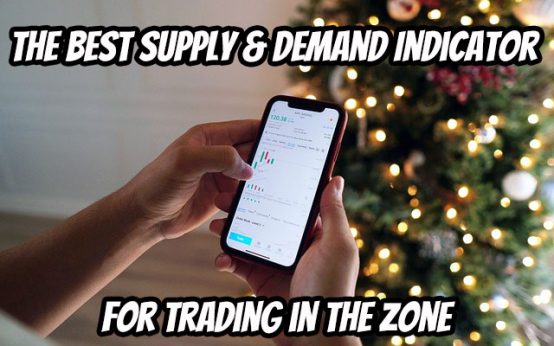 The Best Supply and Demand Indicator for Trading in the Zone
The Best Supply and Demand Indicator for Trading in the Zone 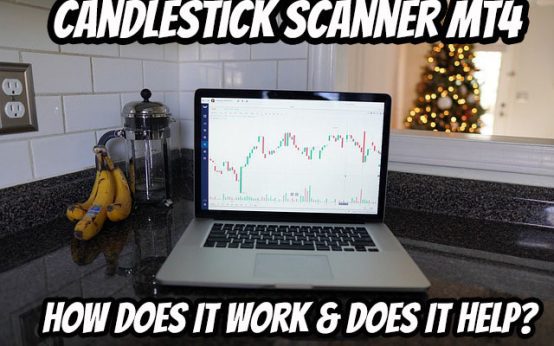 Candlestick Scanner MT4: How Does It Work & Does It Help?
Candlestick Scanner MT4: How Does It Work & Does It Help? 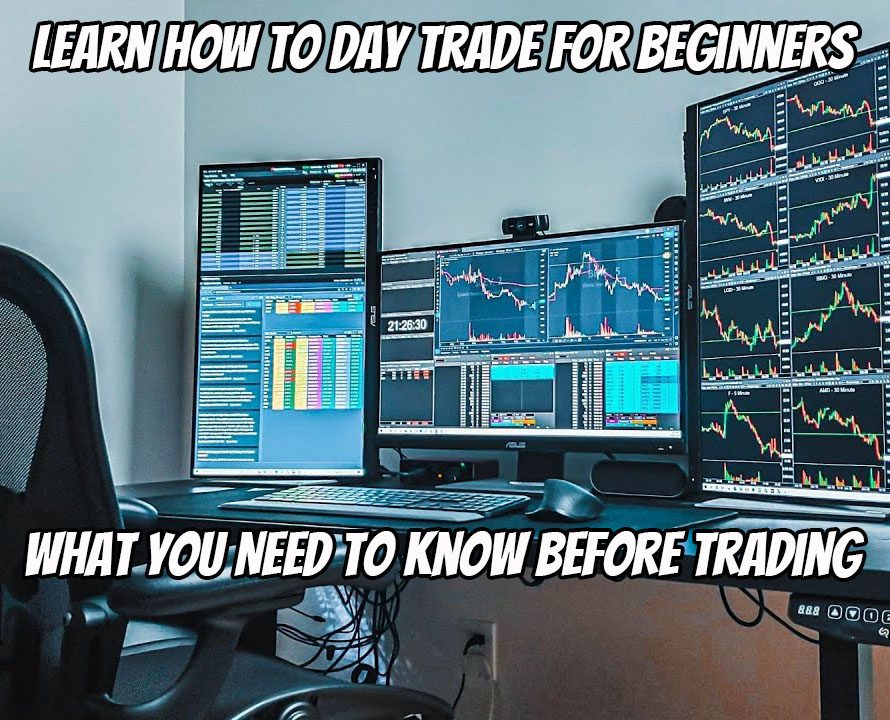 Learn How to Day Trade for Beginners – What You Need To Know Before Trading
Learn How to Day Trade for Beginners – What You Need To Know Before Trading 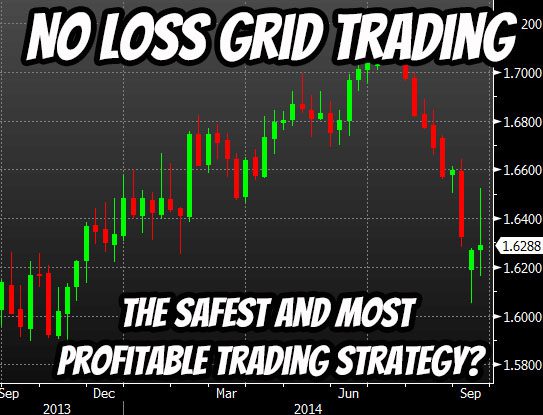 No Loss Grid Trading – The Safest and Most Profitable Trading Strategy?
No Loss Grid Trading – The Safest and Most Profitable Trading Strategy? 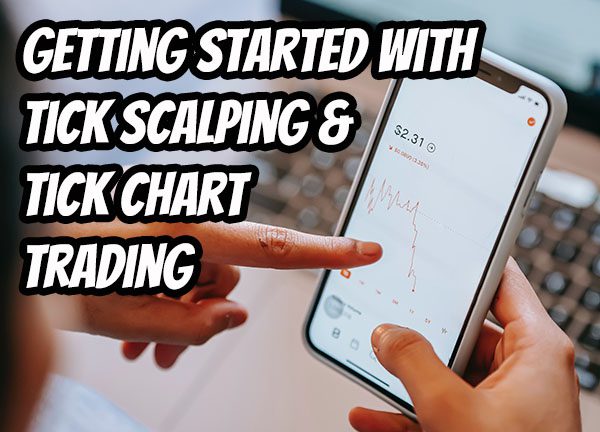 Getting Started With Tick Scalping & Tick Chart Trading
Getting Started With Tick Scalping & Tick Chart Trading  Shark Fin Trading Indicator: Here’s How to Discover This Harmonic Trading Pattern
Shark Fin Trading Indicator: Here’s How to Discover This Harmonic Trading Pattern